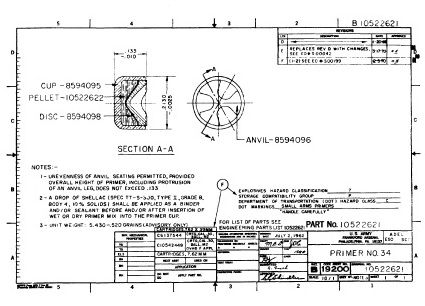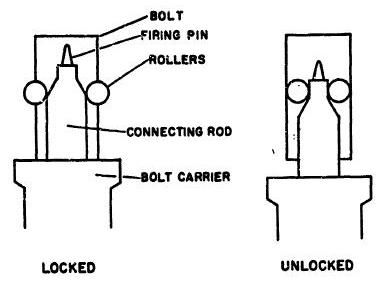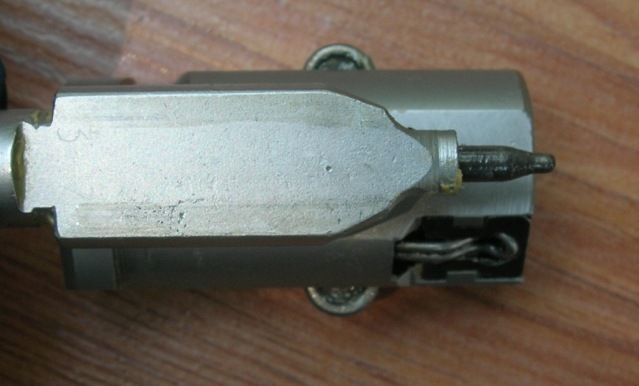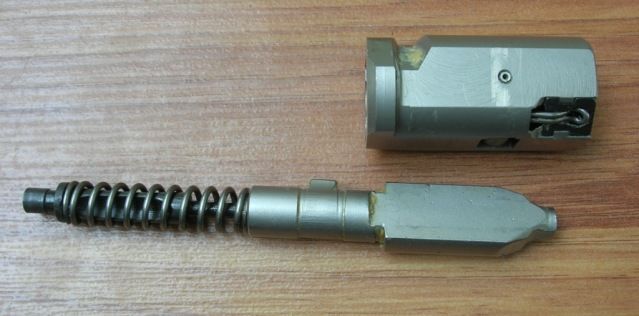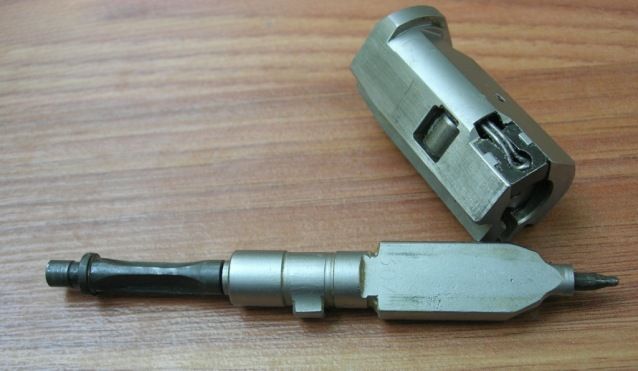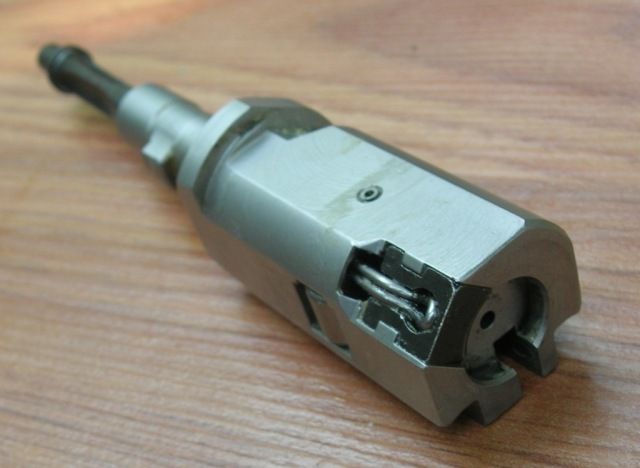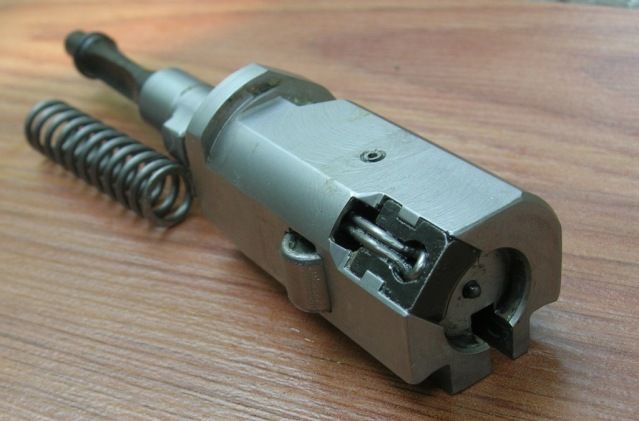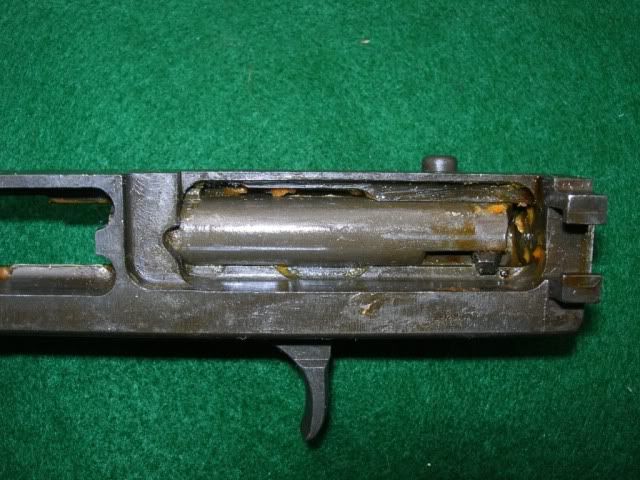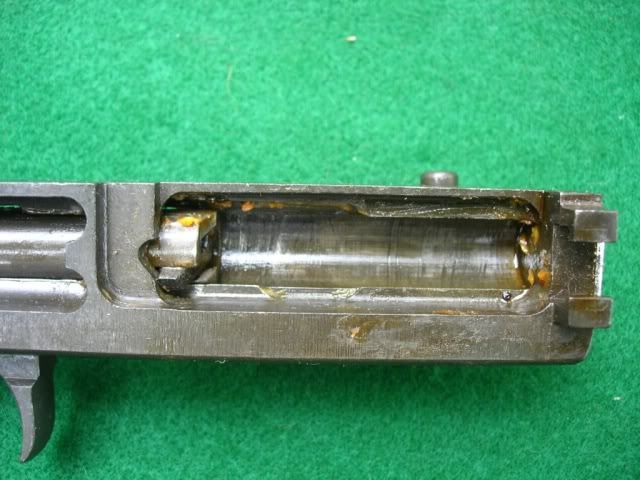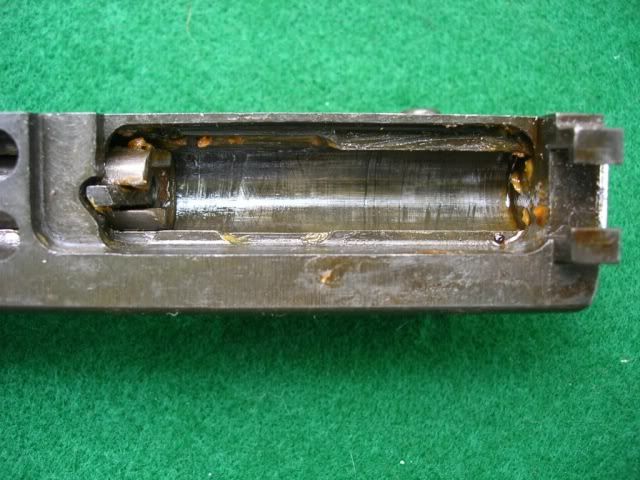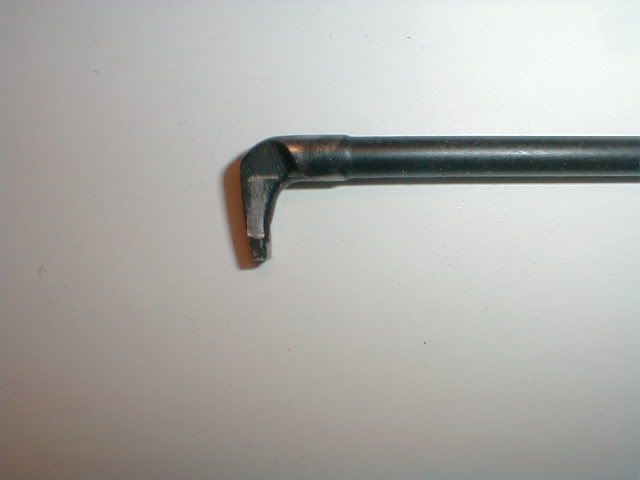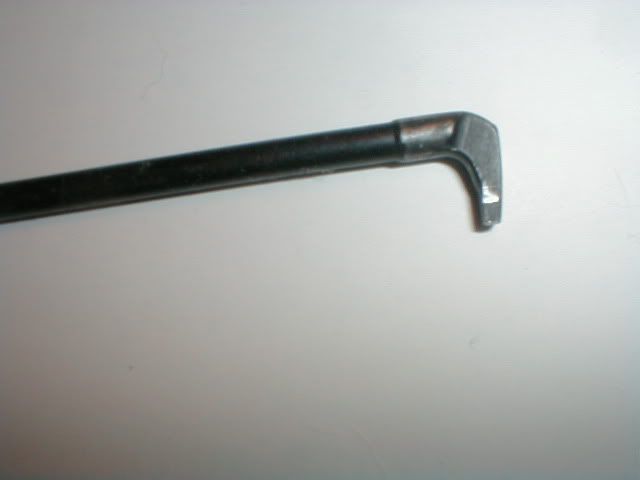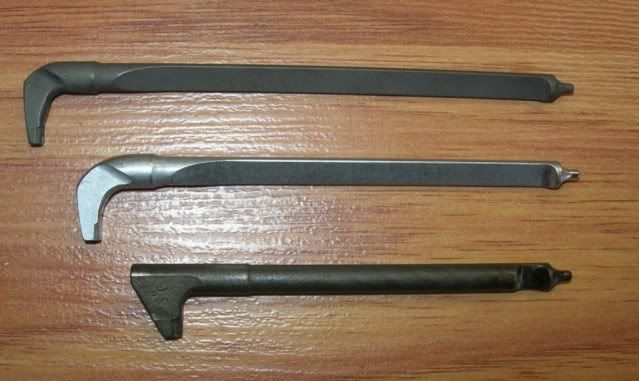I am very sorry to read of your injuries and it would make a great point about slamfires if you could post pictures of the blown up rifle.
While a mechanical problem, such as a wedged or broken firing pin, could have caused you’re out of battery slamfire, I am of the opinion that is a real low probability event. The Garand mechanism has a hook on the end of the firing pin and that engages the firing pin retraction cam which positively pulls the firing pin back when the bolt opens.
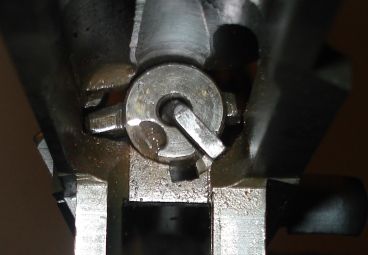
Now in between opening and closing, well something could have happened, but, probably not.
In my opinion, assuming the weapon was in good mechanical shape, what you had was a sensitive primer. This mechanism, which is used in the Garand, M1 carbine, and Mini 14 has a firing pin that is not positively held back until the last 30 or so degrees of cam down. That is when the tang hits the firing pin retraction cam. Until that point, the firing pin is totally free floating and fully able to rebound off the primer. At cam down, that firing pin is still jumping back and forth because most Garand type mechanisms show a dimple on the primer of a chambered rounds, such as this ones out of my Garand:
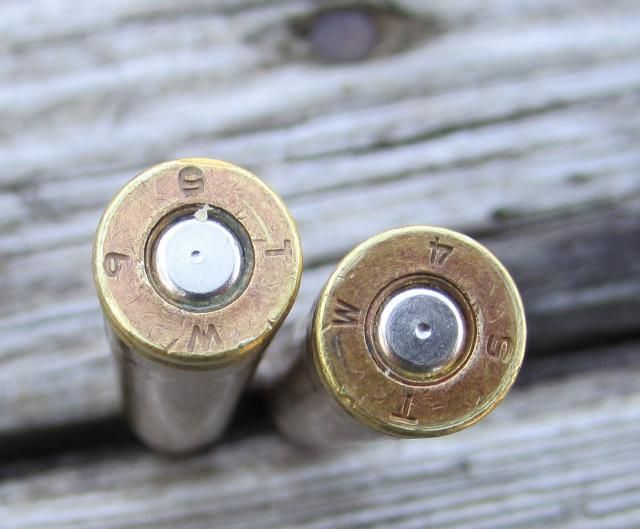
In this mechanism, as in all mechanisms with free floating firing pins, it is all about the inertia of the firing pin and the sensitivity of the primer. Sensitive primers exist, when the inertia of the firing pin is enough to ignite a sensitive primer, what you get is a firing pin initiated slamfire. In your accident, your rifle went off out of battery. Since the firing pin is able to rebound off the primer before the lugs are in battery, the Garand mechanism is the most out of battery slamfiring mechanism on the market. It is also the most inbattery slamfire mechanism on the market, but that may be due to how many are in civilian hands. The high number of reports may be due to the number of Garands/M1a’s being used, though these rifles always had reports of in battery and out of battery slamfires in NRA competitions. This March I talked to an AMU National Champ, one who won his National Championships prior to 1995 when the AMU was using M14's. He saw both in battery and out of battery slamfires with M1a's/M14's though he could not remember the particulars. Due the increasing numbers of AR15's on the market incident reports of inbattery slamfires in AR15’s are increasing, but this mechanism has hardly any credible out of battery slamfire reports, due to the fact that the firing pin is fully retracted until cam down.
To reduce firing pin inertia impact energy I sent my Garand bolt off to Roland Beaver and he installed a firing pin spring. While it reduces the impact from the firing pin, it does not reduce the impact to zero.
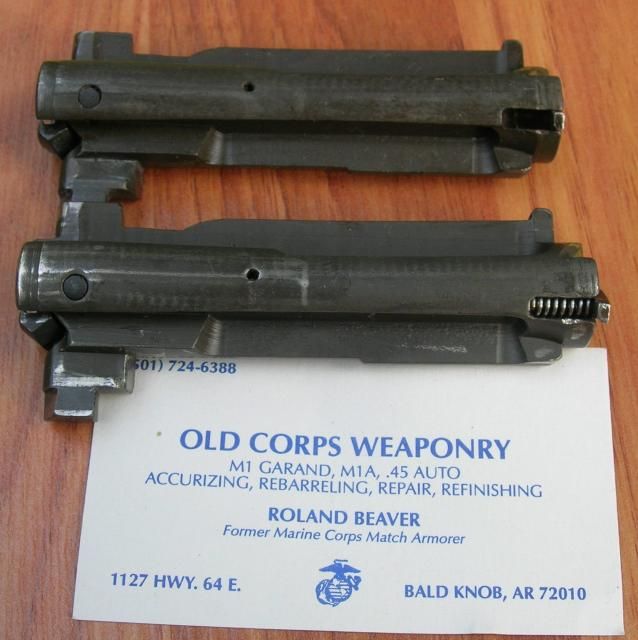
The picture of this dimpled primer is out of my Garand, with the Roland Beaver bolt. That round was placed in the chamber and the bolt dropped from a fully retracted position, and as you can see, that primer was well dimpled.
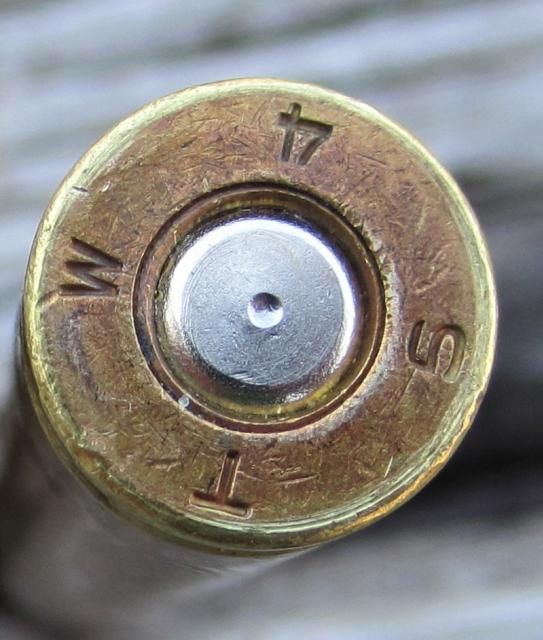
When the military used this mechanism it specified a relatively insensitive primer, the Frankford #34 primer, and that primer greatly reduces the chances of a slamfire, inbattery or otherwise, but even with the least sensitive primers in cases, there is always a chance of a slamfire. This is because primer sensitive varies considerable within the lot. You can buy mil spec primers that are on the average, less sensitive than commercial primers, but that does not mean you would happen to have a particularly sensitive primer within that lot. Commercial primers are more sensitive than mil spec and their sensitivity varies by brand. Commercial manufacturers use to brag about how sensitive their primers were:
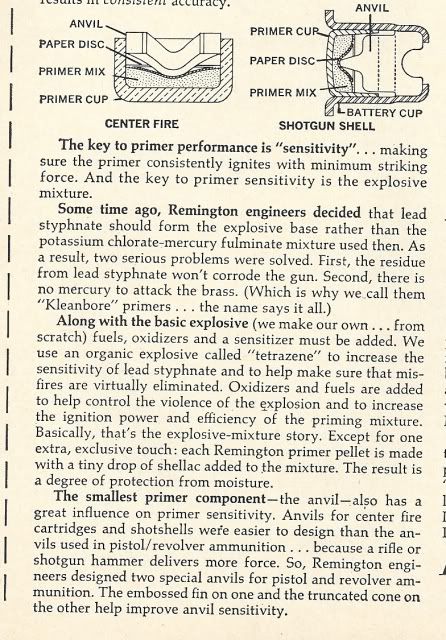
It is well known that Federal commercial primers are the most sensitive primer on the market place and are by frequency of slamfire incidents reports , the most slamfiring primer on the marketplace. You were using Federal Eagle ammunition. Federal does make a mil spec primer, but they don’t offer their large rifle mil spec primer to the public. I assume their M1a Eagle ammunition has the mil spec primer
http://www.shootingtimes.com/gear-accessories/newproducts_st_fedamericaneaglem1a_200912/. The staking of the primer does nothing to do one way or another for primer sensitivity. I don’t know if you were using M1a Eagle ammunition or the regular. The regular ammunition is going to have the commercial primer and it is the wrong ammunition to use in any gas gun because of the increased risk of a slamfire. This includes that AR10 actions and any semi automatic rifle mechanism that has a free floating firing pin. If you were using M1a Eagle ammunition, which I would like to know, it just shows that slamfires occur with the less sensitive primers. This is also assuming that Federal is adhering to their quality control standards and is not shipping ammunition with overly sensitive primers that failed acceptance testing. What we know about self regulated industries, that is industries who are responsible for policing themselves, is that self regulation is a 100 % total failure. At some point in time, the corporation ships it, even though by their own procedures, it should have been scrapped. An example of the failure of self regulated industries is the Herbal supplement industry. After testing, it was found that 80% of the herbal supplements contain no herbs at all, but instead are made of rice, beans, garlic.
http://abcnews.go.com/Health/bogus-...gredient-test-investigation/story?id=28684472 In this incident it is obvious what happened was not a Quality Control failure, but fraud, but hopefully everyone understands that the behaviors are the same when industry is only accountable to itself.
Anyway for the M1a, always feed from the magazine as the act of stripping a round from the magazine slows the bolt down and that reduces the inertial impact of the firing pin. Always wear shooting glasses and never assume the gun won’t go bang when a round is chambered.






